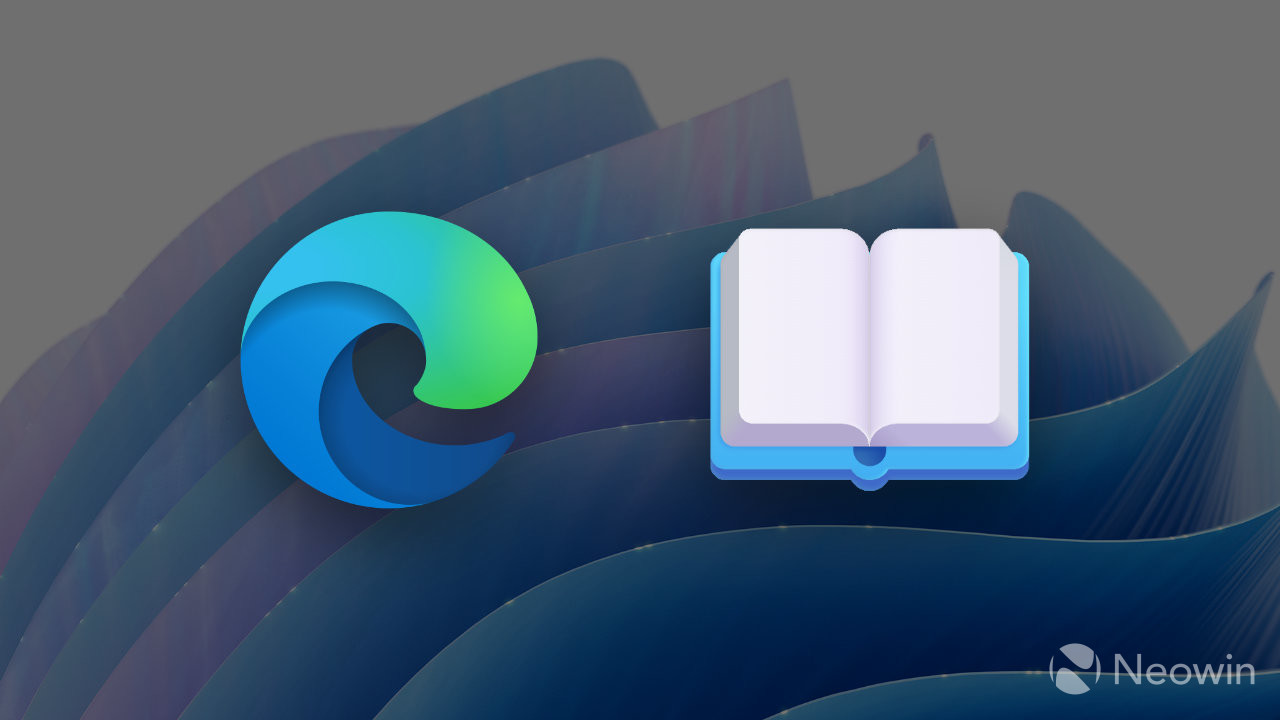
Most users consider moving Edge from its proprietary engine to Chromium is a good Microsoft decision. However, the browser lost a few notable features mid-process.
The Set Tab Aside feature is no longer with us, Reading List is gone, and EPUB support was nowhere to be found. Although Microsoft has already confirmed multiple times it would not bring the first two features, EPUB support is making a surprising comeback.
The latest Microsoft Edge Canary release, version 117.0.1989.0, adds EPUB support, allowing customers to open and read EPUB documents in Microsoft Edge. The initial EPUB support is raw and limited, hardly surprising to those using Canary builds. You can open and browse books, check their tables of contents, and bookmark pages.

The old Microsoft Edge had a more impressive set of EPUB-related tools, but you should not give Microsoft a hard time for shipping an early version of a feature—it should get better with time and get the missing parts.
How to read EPUB in Microsoft Edge?
You can try EPUB support in Microsoft Edge by downloading the latest Canary release from the official website (we recommend using it side-by-side with the Stable Release).
- Launch Microsoft Edge Canary and install the latest updates on edge://settings/help.
- Close the browser, right-click its shortcut, and select Properties.
- Add the following to the path: --enable-features=msEdgeEpubReaderEnabled.
- Launch the browser using the modified shortcut and try opening any EPUB file. You can also customize EPUB-related permissions and set the browser to download EPUB files or open them right away.
Microsoft has yet to announce the return of EPUB support in Edge, so at this point, it is anybody's guess what features developers plan to implement.
The company abandoned its plans to sell e-books in the Microsoft Store long ago, but customers liked the ability to read books in Microsoft Edge with no need to download third-party apps. Therefore, EPUB support in Chromium-based Edge will make many users happy, just like the recent announcement of native support for rar, tar, and more compressing formats.

















13 Comments - Add comment